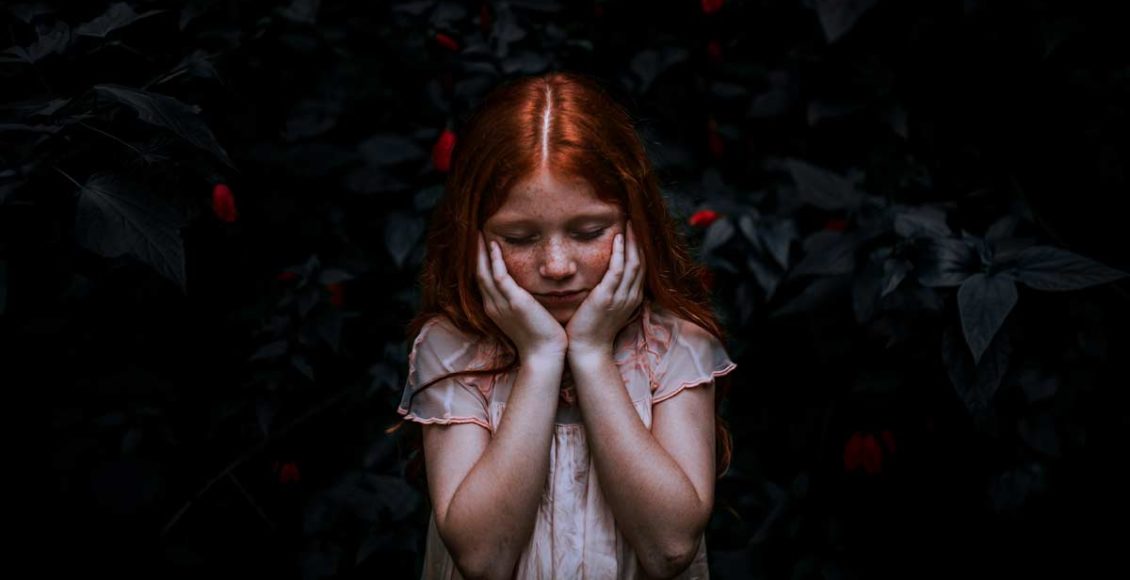For the last 50 to 70 years, young Americans have suffered a sharp increase in depression rates.
According to recent studies, the number of American high school students who met the criteria of being depressed has doubled in half a century.
The freedom of children to play freely and explore their surroundings at will, without adults’ supervision has greatly declined in the past few decades.
Free play is vital for children’s upbringing as it allows them to find solutions to their own problems, develop their interests, and control their emotions.
It also helps them to become competent in excelling in their own interests.
By taking away our children’s freedom to play independently, without the supervision of adults, we have deprived them of the opportunities to learn how to take control of their own lives.
Although good intentions lay behind this as we think we are protecting our children, in reality, we are diminishing their sense of self-control and joy. We are also preventing them from exploring and discovering things they would love to, and thus, we push them towards depression, anxiety, and mental disorders.
Coercive Schooling and The Loss of Personal Control
Throughout the last fifty years, as free play among children has declined, school activities have increased greatly in our society. Today, children spend more time in school than ever before, and the preference is given to marks, tests, and grades.
Children spend more time on outdoor activities towards which they are directed, catered to, judged, ranked, protected, and most importantly, awarded by the adults when they are not at school.
In schools, children quickly understand that it is not their choice and judgment of activities that matter, but only the teacher’s choices and judgment.
In addition, teachers can be hard to predict. A child may work hard but still get a poor grade because of misunderstanding what the teacher wanted exactly.
In a typical class, the mindset of students is set not for competence, but rather for getting good grades. Unfortunately, if the opportunity was given to students to choose between true learning and getting a good grade, the majority would choose the good grade.
Some years ago Mihaly Csikszentmihalyi and Jeremy Hunter carried out a study on happiness in public schools with students from 6th grade to 12th grade. They gave special wristwatches to 828 children from 33 different schools in 12 different communities.
The wristwatch was programmed to send out a signal at random between 7:30 and 10:30 pm. Whenever the signal went off, the participants had to fill out a questionnaire stating where they were, what they were doing, and how happy or unhappy they felt at that moment.
The lowest levels of happiness were reported when the children were at school, while the highest levels of happiness occurred when they were out of school and playing with their friends.
Time spent with parents fell somewhere in the middle of the happiness spectrum.
On average, happiness increased on weekends but began decreasing from Saturday afternoon as children started thinking of going to school again.
As a society, we need to develop a better understanding of our children’s’ natural need to spend most of their time playing with their friends without the guidance of adults.
Nothing is more important than the happiness and mental health of our children, and we need to find better ways to put them in charge of their own happiness.
If given freedom and the right opportunities, young people could educate themselves, and in the process develop intrinsic values, personal control, and emotional wellbeing.
Perhaps the time has come to rethink our education systems for the sake of our children.


